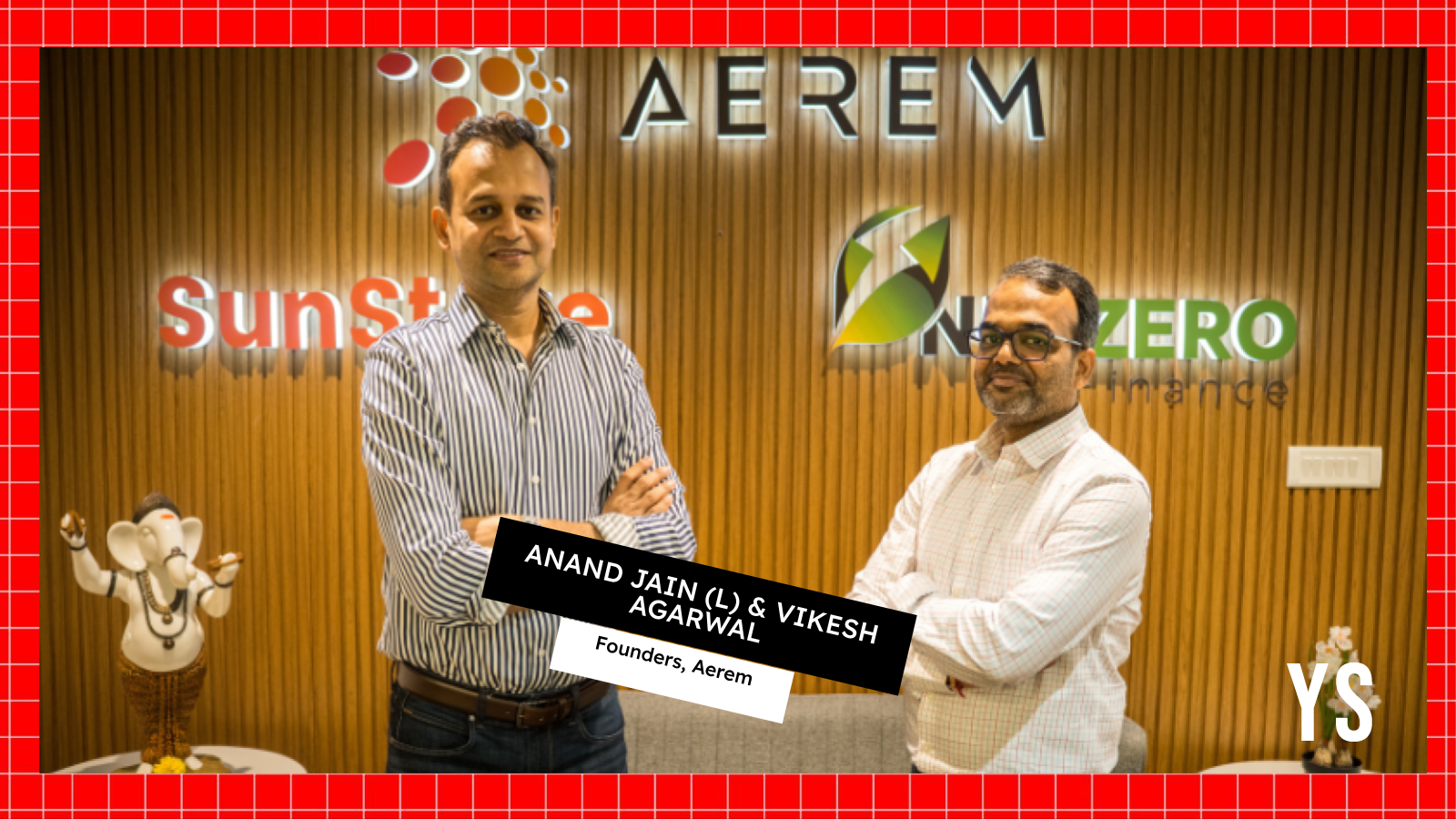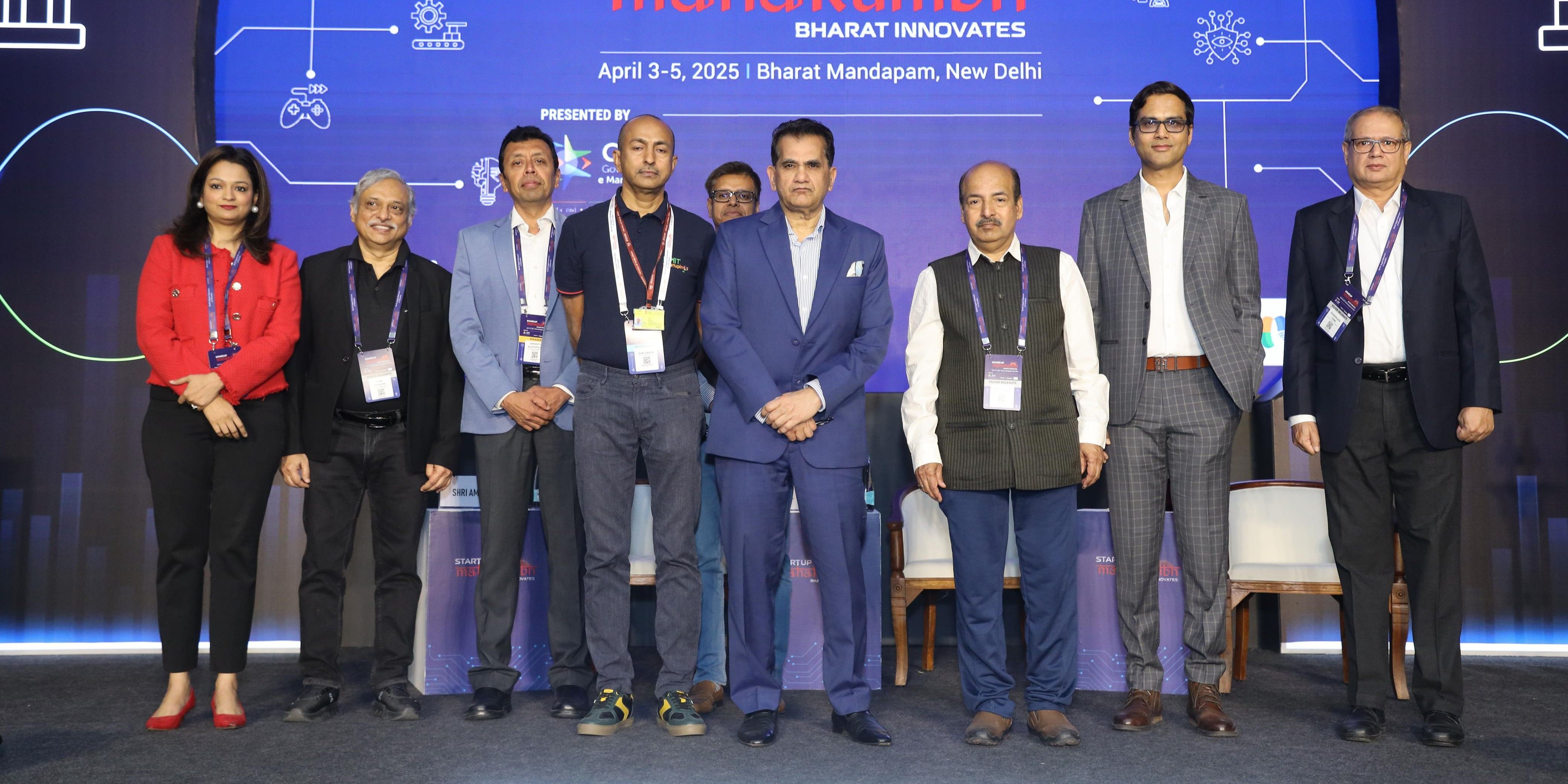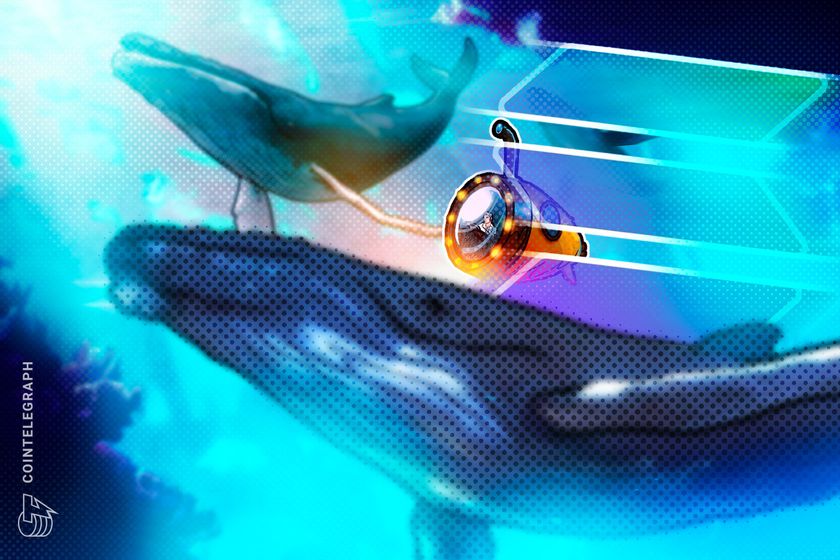Essential Tips for New Coders Journey
As a new coder, focusing on these key areas will set a strong foundation for your journey: 1. Core Programming Concepts _Syntax & Basics: _Master variables, data types, loops, conditionals, and functions in your chosen language. Problem-Solving: Break complex problems into smaller, manageable steps. Practice algorithms and logic puzzles (e.g., on platforms like LeetCode or Codewars). _Data Structures & Algorithms: _Learn basics like arrays, lists, stacks, queues, and simple sorting/searching algorithms. 2. Tools & Workflow _Version Control (Git): _Track code changes, collaborate, and manage projects using platforms like GitHub/GitLab. _IDE/Text Editor: _Familiarize yourself with tools like VS Code, PyCharm, or Sublime Text. Learn debugging features. _Terminal/CLI: _Basic command-line navigation (e.g., cd, ls, mkdir) is essential. 3. Practice & Projects _Code Regularly: _Consistency beats intensity. Aim for daily practice, even if brief. _Build Projects: _Start small (e.g., a calculator, to-do list) and scale up. Projects reinforce learning and showcase skills. _Read Code: _Study open-source projects to understand structure and best practices. 4. Debugging & Problem-Solving Debugging Skills: Learn to read error messages, use debuggers, and isolate issues. _Rubber Duck Debugging: _Explain your code aloud to identify flaws. 5. Collaboration & Community _Ask for Help: _Use Stack Overflow, forums, or communities like Reddit’s r/learnprogramming. Frame questions clearly. Code Reviews: Share code for feedback and review others’ work to learn new approaches. 6. Best Practices _Clean Code: _Write readable, modular code with meaningful names and comments. _Testing: _Learn basics of unit testing (e.g., pytest, JUnit) to validate functionality. _Documentation: _Comment code and write docs for clarity. 7. Mindset & Habits Embrace Failure: Errors are learning opportunities. Persistence is key. _Continuous Learning: _Stay curious. Explore new tools/languages once basics are solid. _Avoid Burnout: _Balance practice with breaks; coding is a marathon, not a sprint. 8. Soft Skills _Communication: _Explain technical concepts clearly to non-coders. _Time Management: _Break tasks into milestones and prioritize. 9. Security & Ethics _Security Basics: _Understand common vulnerabilities (e.g., SQL injection, XSS) and secure coding practices. _Ethics: _Consider the impact of your work on privacy, accessibility, and society. 10. Career Preparation Portfolio: Showcase projects on GitHub or a personal website. _Networking: _Engage in meetups, hackathons, or online communities. _Resume Building: _Highlight projects, skills, and collaborative experiences. Key Takeaways Focus on fundamentals before frameworks. Build, break, and fix things—hands-on experience is irreplaceable. Stay patient and persistent. Mastery takes time. By prioritizing these areas, you’ll build technical proficiency, problem-solving resilience, and a growth mindset essential for long-term success. Happy coding!

As a new coder, focusing on these key areas will set a strong foundation for your journey:
1. Core Programming Concepts
_Syntax & Basics: _Master variables, data types, loops, conditionals, and functions in your chosen language.
Problem-Solving: Break complex problems into smaller, manageable steps. Practice algorithms and logic puzzles (e.g., on platforms like LeetCode or Codewars).
_Data Structures & Algorithms: _Learn basics like arrays, lists, stacks, queues, and simple sorting/searching algorithms.
2. Tools & Workflow
_Version Control (Git): _Track code changes, collaborate, and manage projects using platforms like GitHub/GitLab.
_IDE/Text Editor: _Familiarize yourself with tools like VS Code, PyCharm, or Sublime Text. Learn debugging features.
_Terminal/CLI: _Basic command-line navigation (e.g., cd, ls, mkdir) is essential.
3. Practice & Projects
_Code Regularly: _Consistency beats intensity. Aim for daily practice, even if brief.
_Build Projects: _Start small (e.g., a calculator, to-do list) and scale up. Projects reinforce learning and showcase skills.
_Read Code: _Study open-source projects to understand structure and best practices.
4. Debugging & Problem-Solving
Debugging Skills: Learn to read error messages, use debuggers, and isolate issues.
_Rubber Duck Debugging: _Explain your code aloud to identify flaws.
5. Collaboration & Community
_Ask for Help: _Use Stack Overflow, forums, or communities like Reddit’s r/learnprogramming. Frame questions clearly.
Code Reviews: Share code for feedback and review others’ work to learn new approaches.
6. Best Practices
_Clean Code: _Write readable, modular code with meaningful names and comments.
_Testing: _Learn basics of unit testing (e.g., pytest, JUnit) to validate functionality.
_Documentation: _Comment code and write docs for clarity.
7. Mindset & Habits
Embrace Failure: Errors are learning opportunities. Persistence is key.
_Continuous Learning: _Stay curious. Explore new tools/languages once basics are solid.
_Avoid Burnout: _Balance practice with breaks; coding is a marathon, not a sprint.
8. Soft Skills
_Communication: _Explain technical concepts clearly to non-coders.
_Time Management: _Break tasks into milestones and prioritize.
9. Security & Ethics
_Security Basics: _Understand common vulnerabilities (e.g., SQL injection, XSS) and secure coding practices.
_Ethics: _Consider the impact of your work on privacy, accessibility, and society.
10. Career Preparation
Portfolio: Showcase projects on GitHub or a personal website.
_Networking: _Engage in meetups, hackathons, or online communities.
_Resume Building: _Highlight projects, skills, and collaborative experiences.
Key Takeaways
Focus on fundamentals before frameworks.
Build, break, and fix things—hands-on experience is irreplaceable.
Stay patient and persistent. Mastery takes time.
By prioritizing these areas, you’ll build technical proficiency, problem-solving resilience, and a growth mindset essential for long-term success. Happy coding!




















































%20Abstract%20Background%20112024%20SOURCE%20Amazon.jpg)






















































































































![[The AI Show Episode 142]: ChatGPT’s New Image Generator, Studio Ghibli Craze and Backlash, Gemini 2.5, OpenAI Academy, 4o Updates, Vibe Marketing & xAI Acquires X](https://www.marketingaiinstitute.com/hubfs/ep%20142%20cover.png)















































































































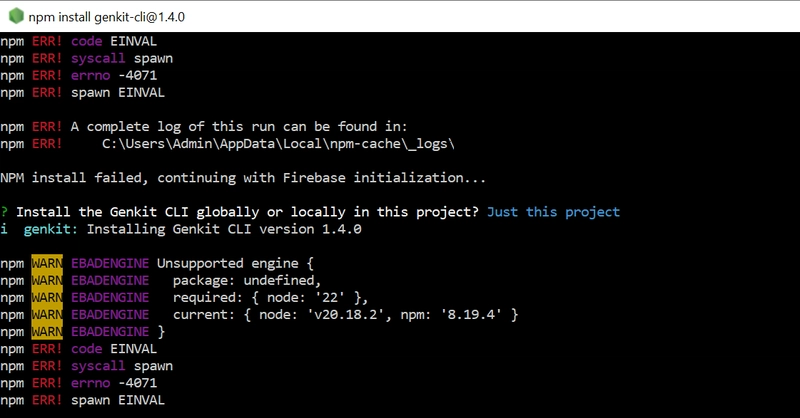
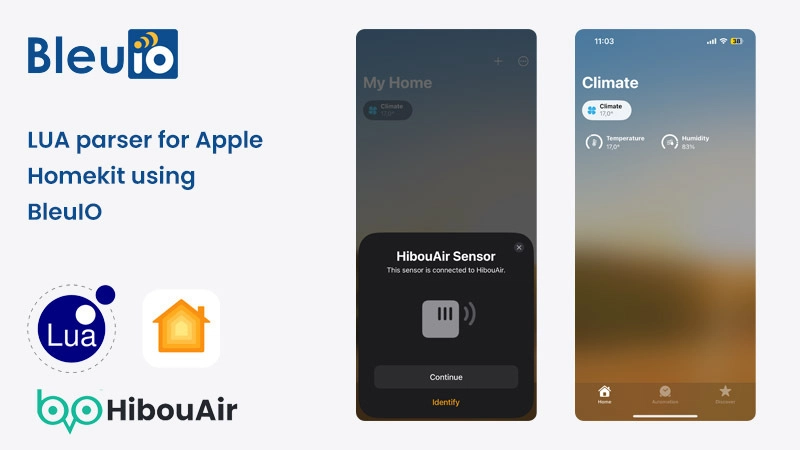
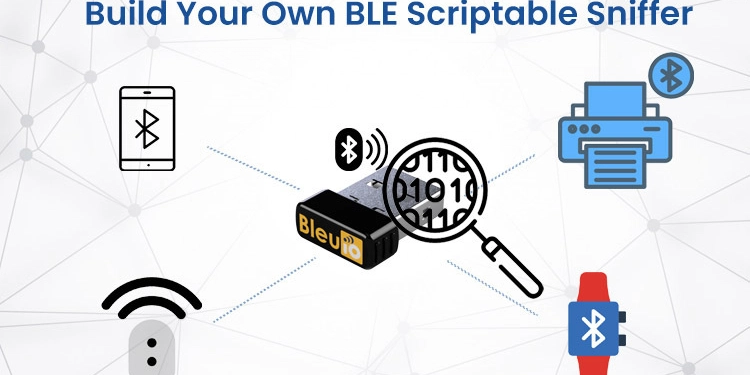
















































































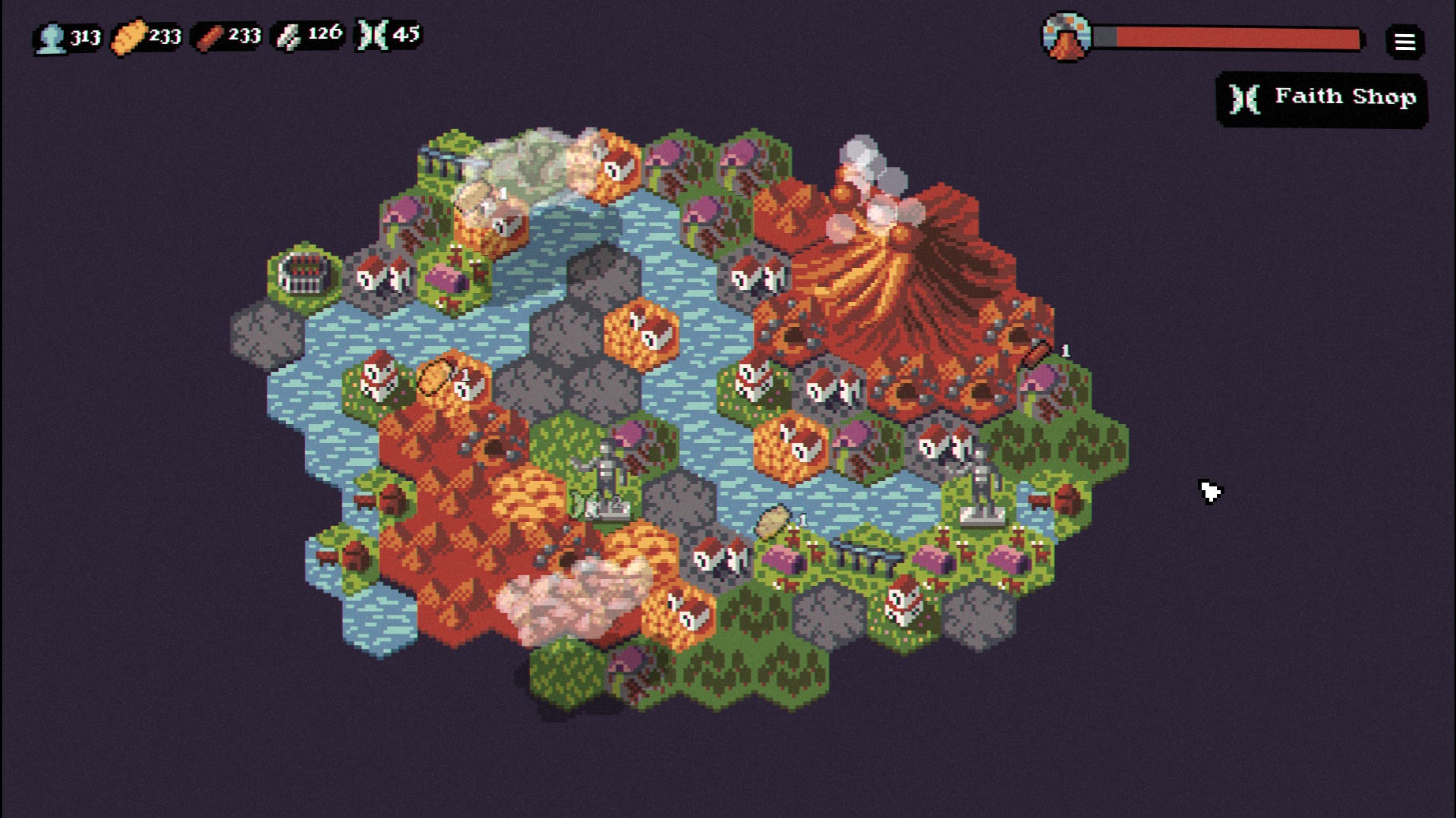





















































-Nintendo-Switch-2-–-Overview-trailer-00-00-10.png?width=1920&height=1920&fit=bounds&quality=80&format=jpg&auto=webp#)





















_Anna_Berkut_Alamy.jpg?#)






































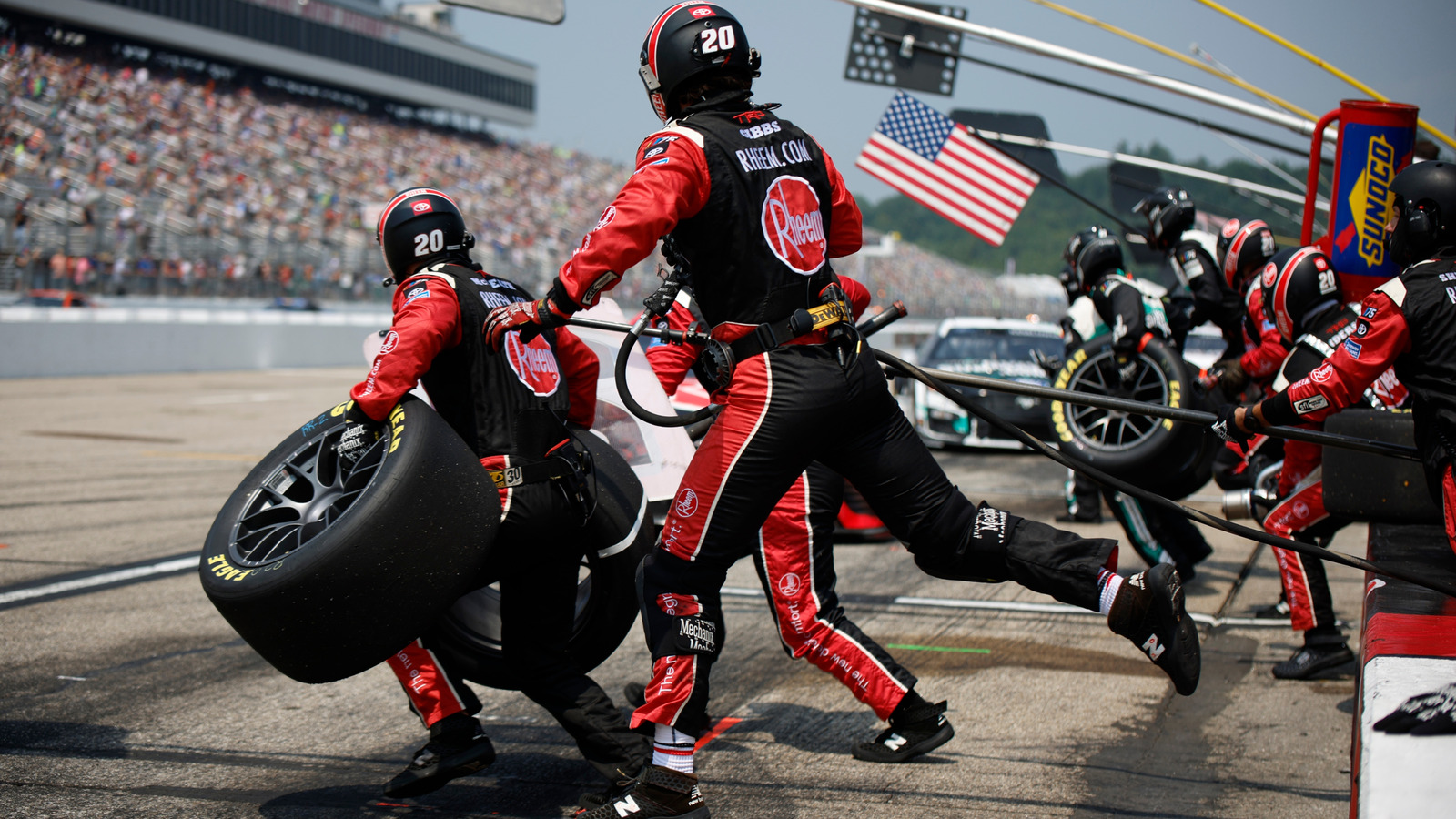



































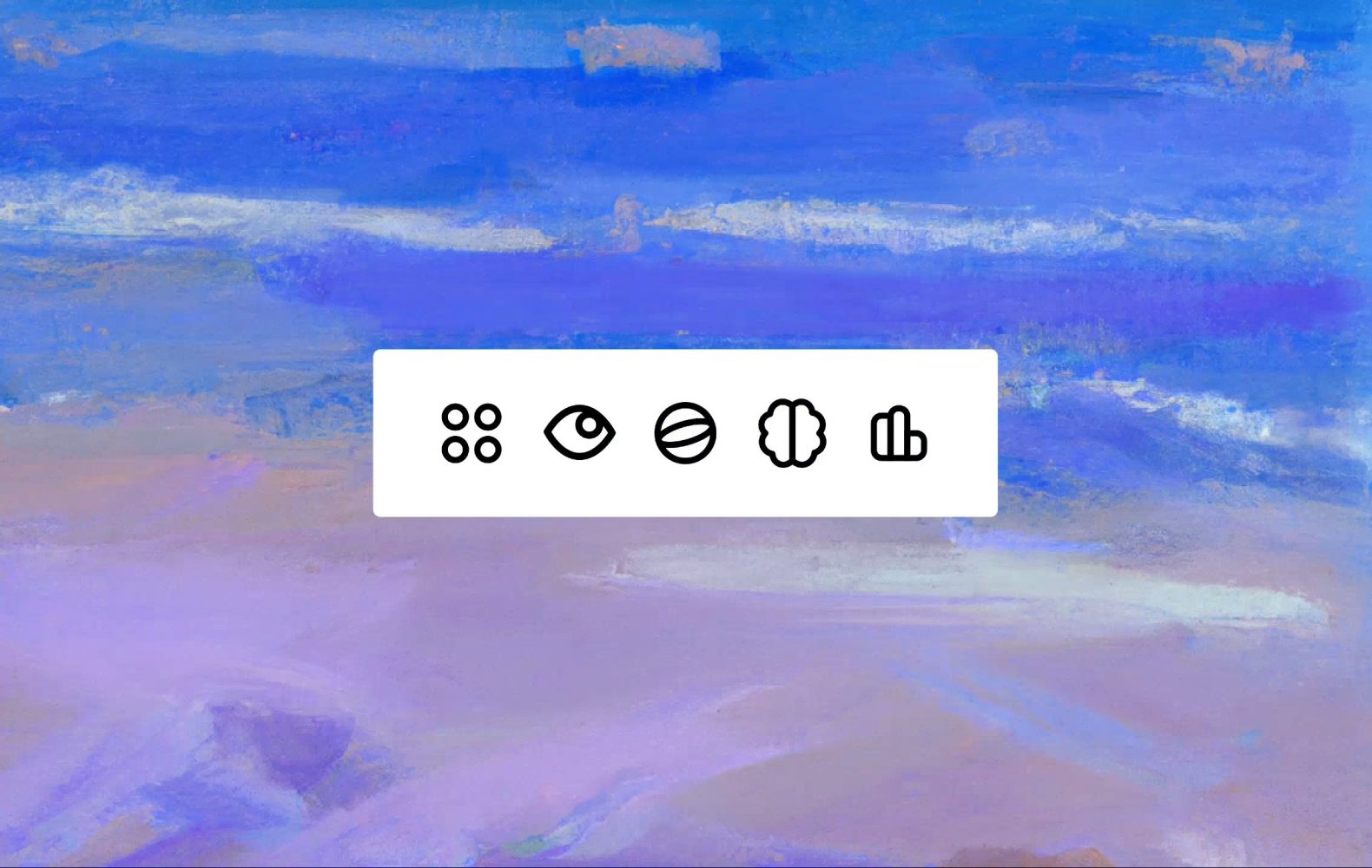








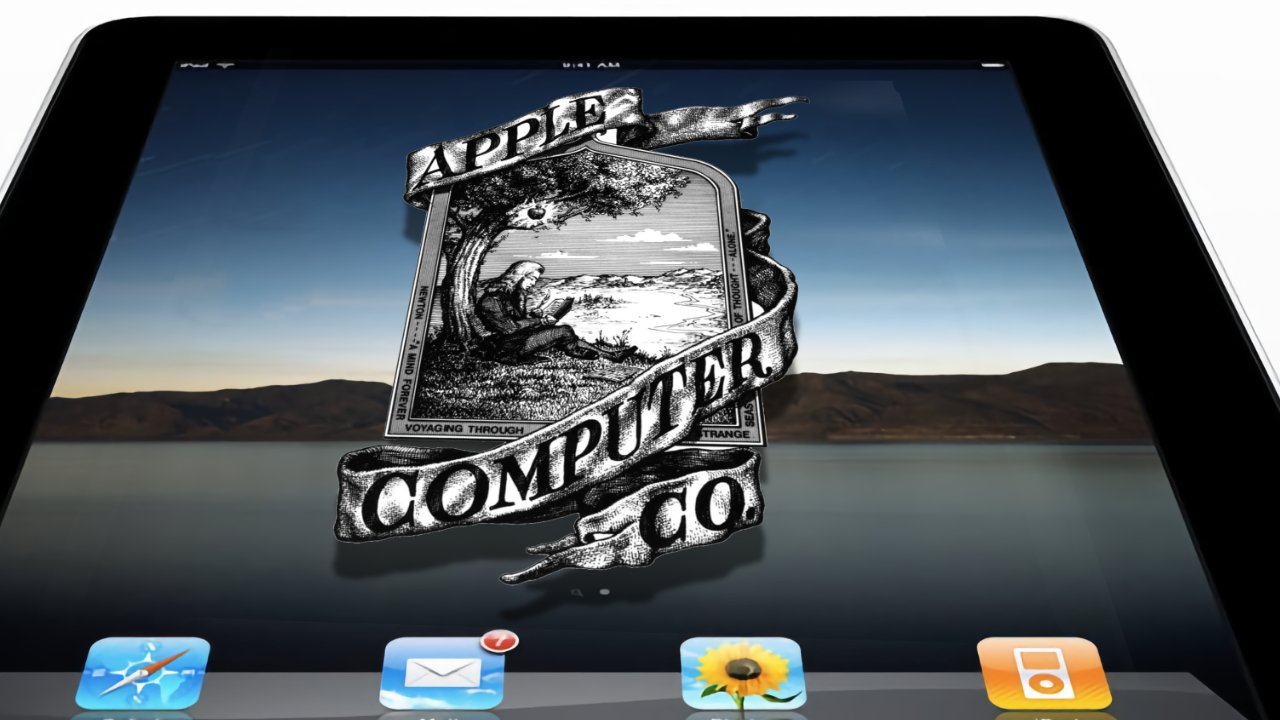
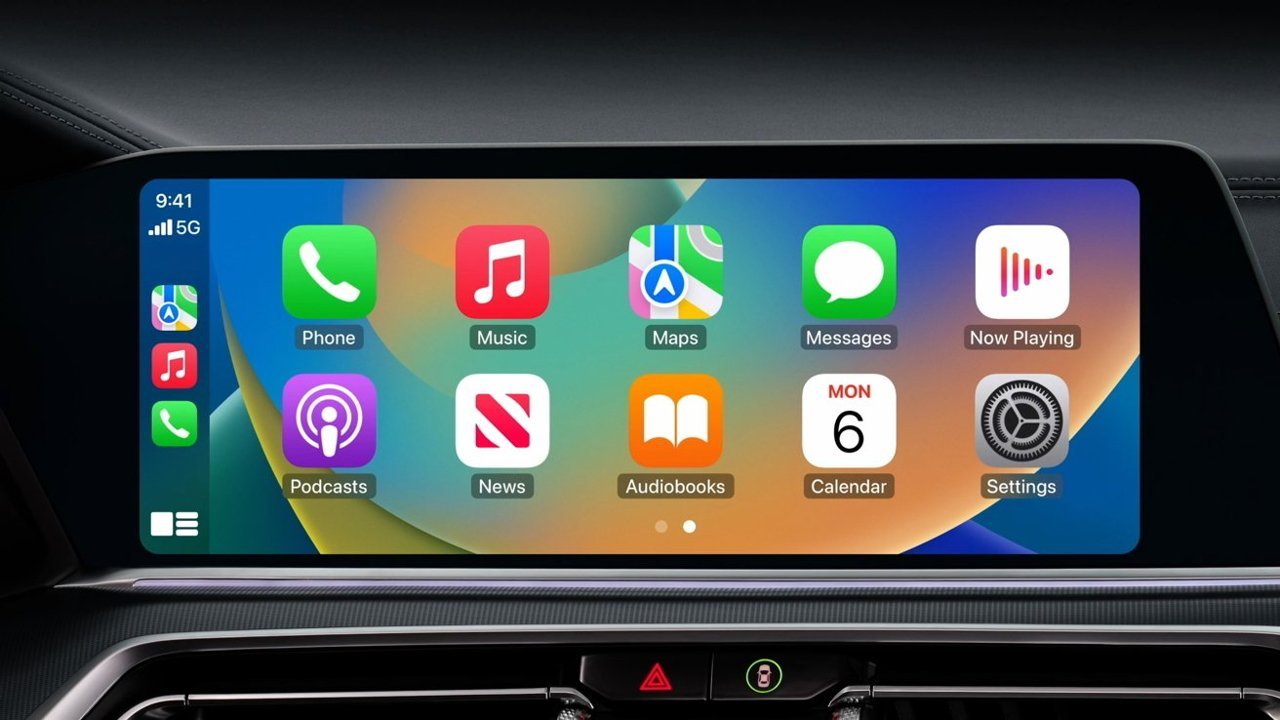
























![YouTube Announces New Creation Tools for Shorts [Video]](https://www.iclarified.com/images/news/96923/96923/96923-640.jpg)









































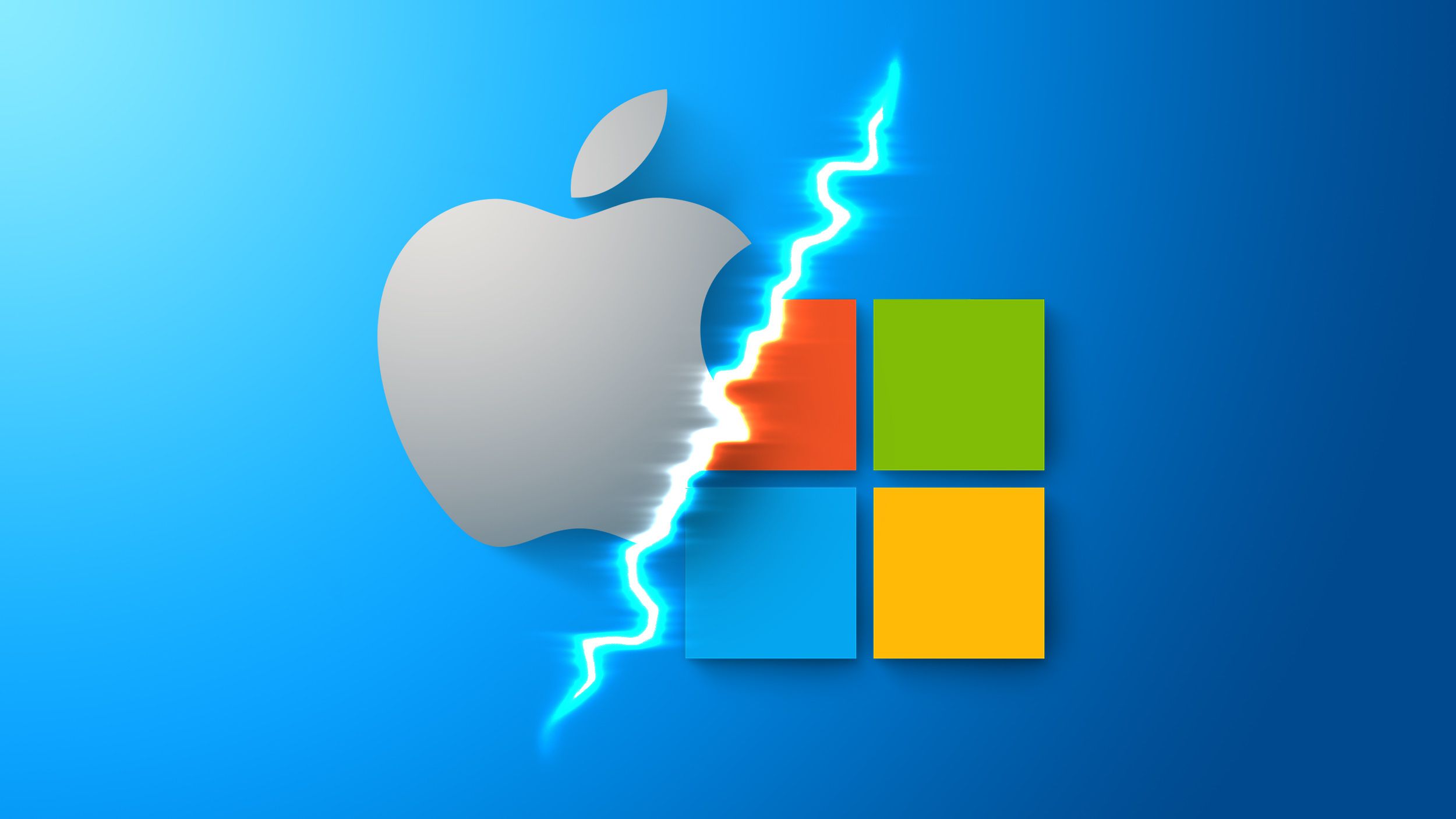



























![[Weekly funding roundup March 29-April 4] Steady-state VC inflow pre-empts Trump tariff impact](https://images.yourstory.com/cs/2/220356402d6d11e9aa979329348d4c3e/WeeklyFundingRoundupNewLogo1-1739546168054.jpg)
